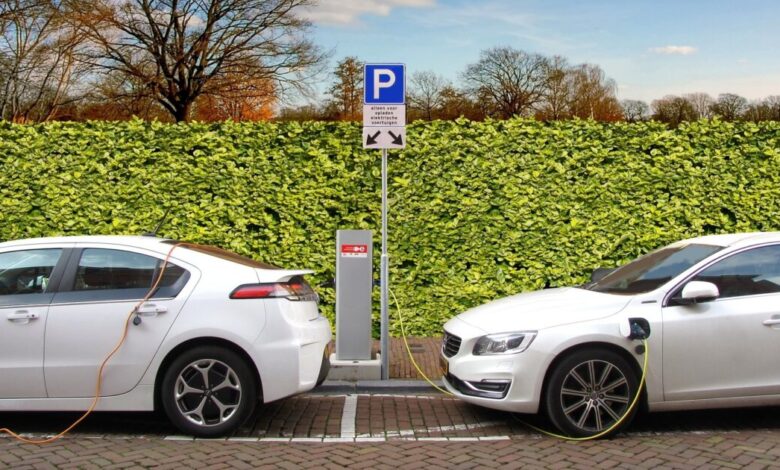Electric vehicle life cycle analysis and…

Interested in this kind of news?
Receive them directly in your inbox. Delivered once a week.
The study’s lifecycle analysis of EVs shows that even when powered by the most carbon intensive electricity in Europe, they emit less GHG than a conventional diesel vehicle. As more renewable electricity enters the European grid, the climate impact of EV will further diminish. Likewise, technological improvement of battery chemistry, the reuse of battery for storage purposes, and the development of a recycling industry for EV batteries will lead to improvements in their sustainability.
The briefing shows that critical metals and rare earth minerals will not be constrained in the coming decades and won’t stop the EV transition, as some have argued. Supply of these materials will have to be closely monitored and diversified to avoid being overly dependent on imports, as is the case with oil today. To this extent, innovation will in the long term contribute to reduce the quantity of critical metals used in EVs.



